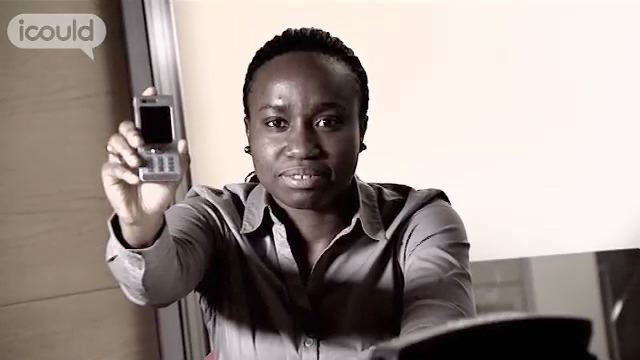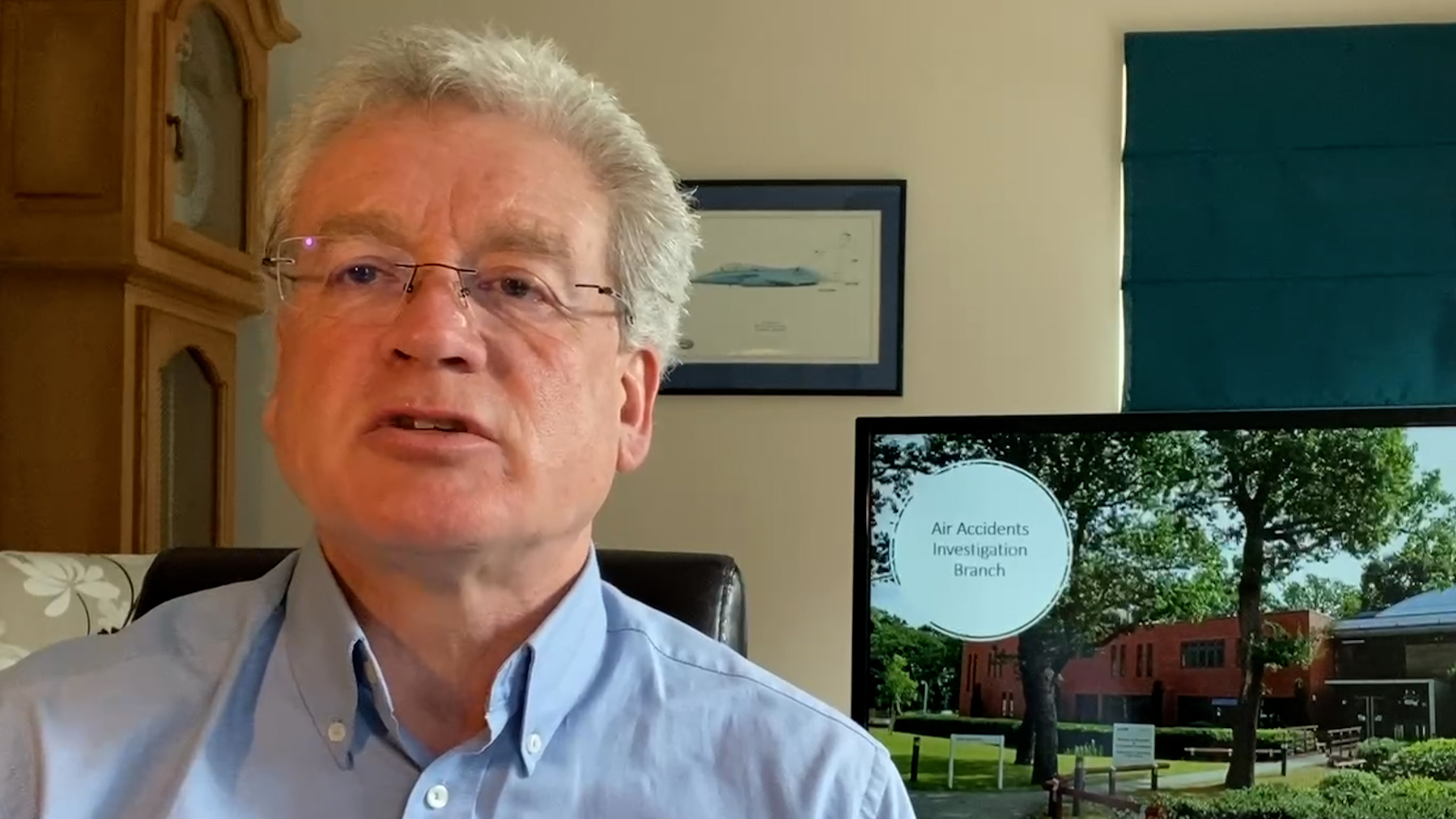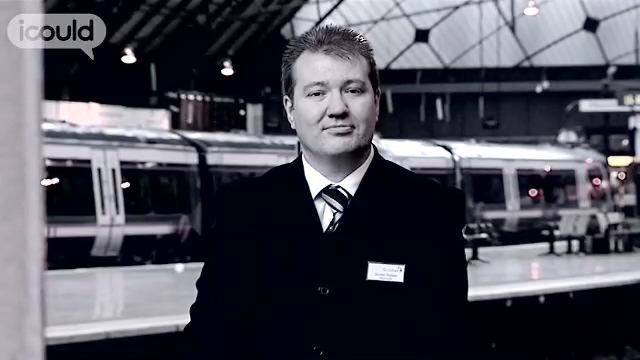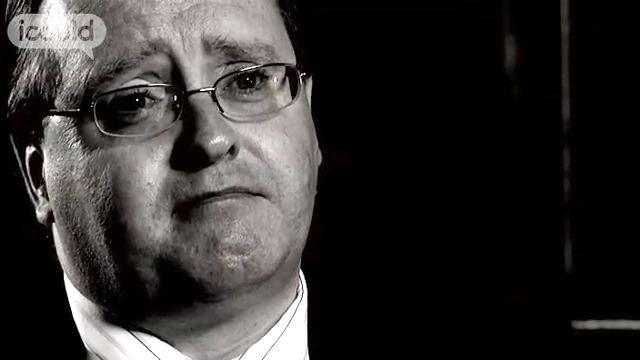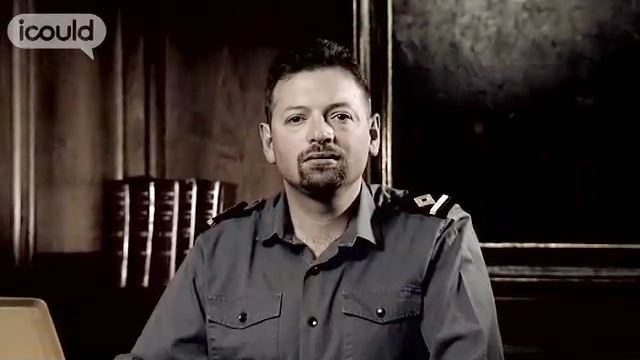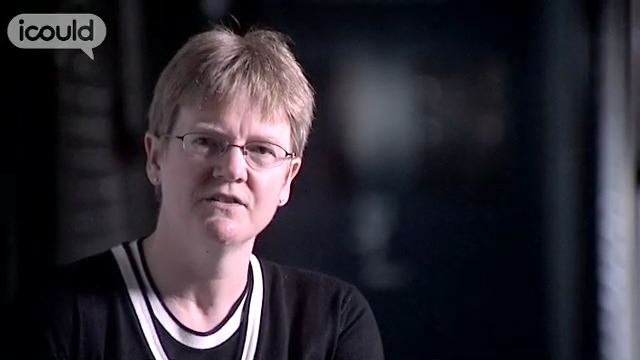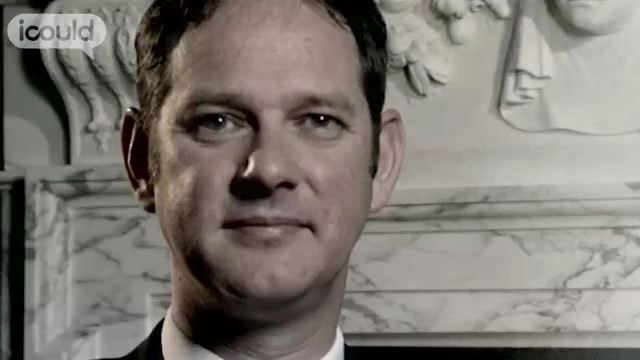Explore: Engineering
Avionics Hardware Engineer
General Dynamics
info Issues viewing the video?
| Time Code | Audio |
| 00:00:06 | Hi, my name’s Imogen and I’m a hardware engineer at General Dynamics, |
| 00:00:11 | Companies er such as BAe Systems or the Ministry of Defence employ my company to design computer systems for fighter jets and for helicopters. Er these sys, computer systems could be used for communications, talking between aircraft and aircraft or aircraft and people on the land or er also storing large amounts of data from the sensors and the cameras on the aircraft. |
| 00:00:39 | So my day typically looks like me coming in, er answering a few emails and then getting down to designing the computer systems that we’re working with at that time. Er that takes a good couple of months to get through the design and I work with a lot of other, other engineers on doing that. Er we work as a team and I really, really enjoy that because I can learn a lot from my colleagues. |
| 00:01:06 | Some of the favourite parts of my job is that I get to go to air shows and see the aircraft that the computer systems that I design are on and see them flying and in action and talk to the pilots who are using them, which is really, really useful for my job and really, really cool to see these things flying. |
| 00:01:25 | Some of the harder parts of my job are that er we have very, very strict safety regulations that we need to meet. Er these aircraft fly very, very high, very, very fast and we need to make sure that none of our electronics are going to endanger the aircraft or anyone flying on it, so we have to do a lot of very, very strict safety precautions but it’s all a very good part of the job still. |
| 00:01:52 | So some of the skills that you need to be an engineer is that you have to have a really good creative side. Um a lot of people don’t think that creativity is involved in engineering, but actually engineering is all about invention and creation of something new. Um you also have to have very good team skills. Working as a group means that you work as a team to produce a better product. |
| 00:02:17 | Using mathematics comes in quite a lot in my work um doing calculations for voltage and power in a circuit. |
| 00:02:25 | You need to have good communication skills, so that you can talk with your team members and come up with the best solution for the problems and problem solving is an absolute must in engineering. |
| 00:02:39 | Growing up, I always wanted to know how things worked, so it was fairly clear from a young age that I was going to work in an industry that was going to have me engineering solutions to problems and my father was also a aircraft engineer and my grandfather was in the RAF, so I had quite a lot of engineering background with aircraft um in my family life, so that really pushed me towards loving aircraft. Er growing up I always wanted to be a Red Arrows pilot, um so and through exploring how to become a Red Arrows pilot, I found engineering as a, a a pathway that I could quite easily do, as a career. |
| 00:03:26 | So I did a couple of weeks of work experience in different engineering er companies before I left university and that really helped me in gaining an appreciation for how the workplace works, particularly being a woman in a male dominated environment. Er I also did a lot of volunteering at a local airport er that allowed me to gain experience, not necessarily related to the job but to give me enthusiasm around the industry that I was going to be working in. |
| 00:04:00 | END |
Growing up, Imogen always had a love of aircraft and wanted to know how things worked. Through exploring how to become a Red Arrows pilot, she came across the option of engineering as a career and went on to take an engineering degree. She now designs computer systems for fighter jets and helicopters.
More information about Electronics engineers
Data powered by LMI For All
£50,440
average salary
The UK average salary is £29,813
41
average weekly hoursThere are 37.5 hours in the average working week
92%
male
8%
female
The UK workforce is 47% female and 53% male
Future employment
Future employment
Description
Electronics engineers undertake research and design, direct construction and manage the operation and maintenance of electronic motors, communications systems, microwave systems, and other electronic equipment.
Qualifications
Electronics engineers usually possess an accredited university degree or equivalent qualification. After qualifying, periods of appropriate training and experience are required before membership of a chartered engineering institution is attainable. Incorporated engineers possess an accredited university degree, BTEC/SQA award or an apprenticeship leading to an NVQ/SVQ at Level 4. All routes are followed by periods of appropriate training and relevant experience.
Tasks
- Undertakes research and advises on all aspects of telecommunications equipment, radar, telemetry and remote control systems, data processing equipment, microwaves and other electronic equipment;
- Determines and specifies appropriate production and/or installation methods and quality and safety standards;
- Organises and establishes control systems to monitor performance and evaluate designs;
- Tests, diagnoses faults and undertakes repair of electronic equipment.
Employment by region
Top 10 industries for this job
Telecommunications
8451
Specialised construction
7707
Architectural & related
3261
Repair & installation
2727
Film & music
1664
Computers, etc
1383
Broadcasting
1312
Other trans. equipment
1304
Employment status
Related career stories
⇦
⇨
